With so many brands of oat milk on the market, it can feel challenging to keep up with each product’s storage and refrigeration guidelines.
Some oat milk must stay refrigerated, some are only good for a few days once opened, and others are shelf-stable outside refrigeration for months.
Read our helpful guidelines for refrigerating oat milk to better understand when to refrigerate your tasty plant-based beverage, how long it can stay out, and how to store it to prevent it from going bad.
Quick Answer
Does Oat Milk Need to Be Refrigerated?
Shelf stable oat milk does not need to be refrigerated until it's opened. However, homemade oat milk or oat milk you buy from the refrigerated section of the grocery store should be stored in the refrigerator as soon as possible.
Why is Refrigeration Important?
People have been refrigerating food for thousands of years. In ancient times they placed food underground with hand-cut ice or in specially designed ice houses near lakes and rivers. In the 1800s, iceboxes became popular.
These storage devices were typically made of insulated wood or metal and packed with ice to keep items cold.
It wasn’t until 1918 that the first self-contained air compressor refrigerator was mass-produced, and another decade later, a more modern refrigerator became a staple in most people’s homes in the U.S.

The refrigeration innovation changed how people stored food and led to massive improvements in food safety.
Before home refrigeration, the technology was used in meat and other food processing plants to keep food fresher longer.
Once these devices reached people’s homes, they allowed them to save food and keep it safe to eat for days, something that had not previously been done.
Refrigerating food is essential to keeping items usable after opening. Beverages such as oat milk contain natural bacteria that will grow once a carton’s seal is broken.
Refrigerating oat milk slows bacterial growth, allowing you to enjoy your favorite plant-based drink for several days rather than consuming it immediately after you open the container.
When Should You Refrigerate Oat Milk?
As a good general rule, you should always refrigerate oat milk after opening the container.
Homemade oat milk can spoil quickly even when refrigerated, lasting only around 5 to 7 days.
That’s because your home lacks the sterile conditions of a food manufacturing facility.
If you take extra steps to sterilize your blender and container and wear gloves, you might help it last longer, but for most people, that’s a little too much work for making a homemade product (which is totally okay!)
Put oat milk you make at home directly into the refrigerator after making it to slow down the spoilage process.
Although store-bought oat milk brands typically contain additives that keep it fresher longer, you still want to keep them refrigerated.
Leaving any foods that need to be kept cold out at room temperature or warmer for more than two hours puts you in the danger zone for food safety.
When you buy refrigerated oat milk, put it directly into the fridge when you get home from the grocery store.
Understanding Food Expiry Labels
Another aspect of knowing when to refrigerate oat milk is understanding food expiry labels.
The USDA doesn’t have regulations for food manufacturers regarding these labels. However, most food companies, including those that make oat milk, place a set of dates on their continues to help consumers get the best product.
When you buy oat milk, you might see stickers or stamps that say:
- “best used by”
- “best used before”
- “sell by”
- “use by”
- “expiration date”
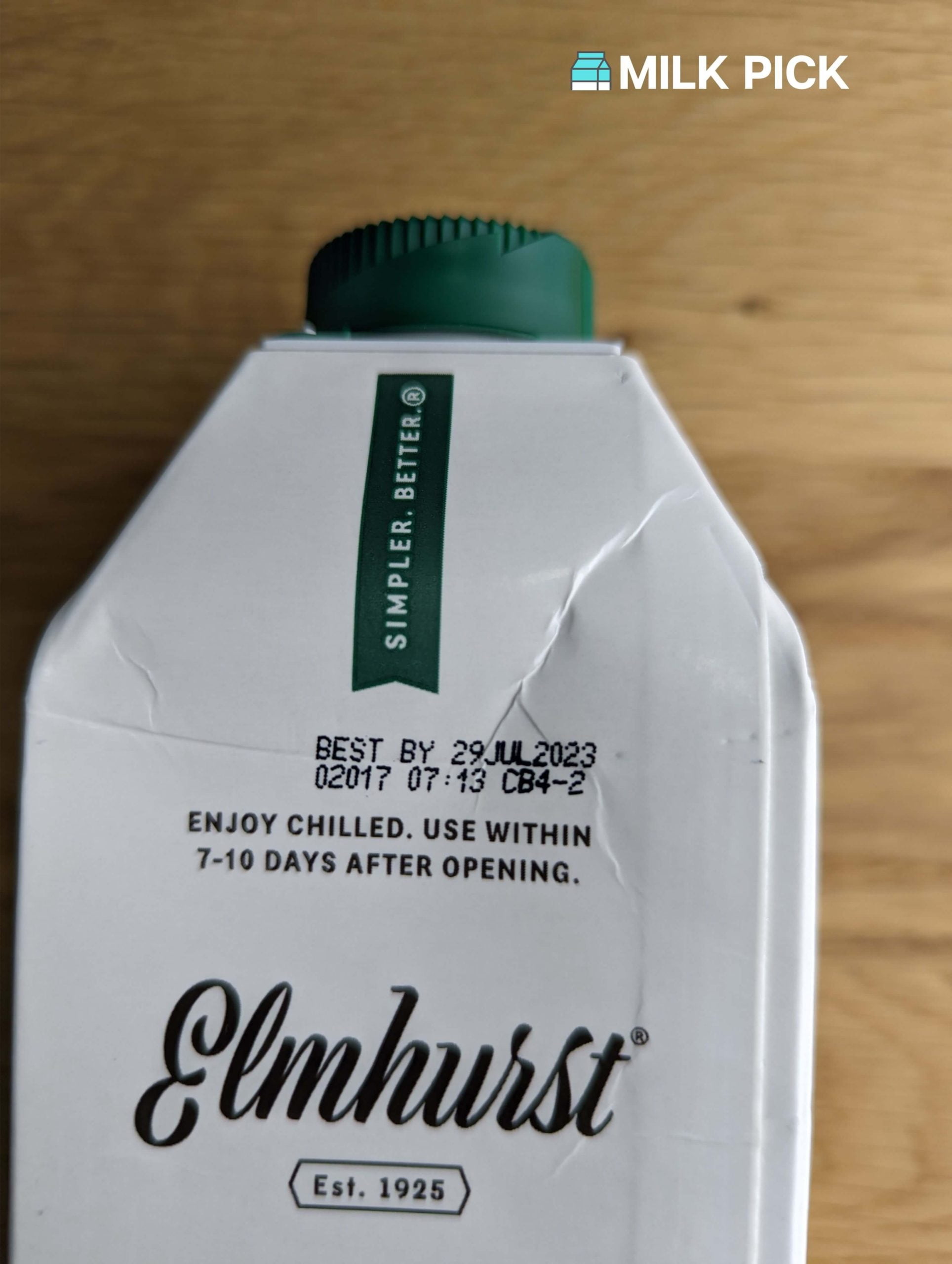
The labels “best used by”/”best used before”/”use by” refer to the date by which the manufacturer assumes the product is at peak freshness.
If you have oat milk in your fridge with this label, it doesn’t mean it goes bad on that date, only that it may not taste or look as fresh after that time.
The “sell by” date is simply a message for retailers to sell the product by the listed date.
The expiration date indicates when the manufacturer believes the product will expire or “go bad.” Keeping oat milk past this date may not be a good idea, even if it's refrigerated.
Understanding these labels can help you choose fresh oat milk to begin with.
It can also help you to know when the plant-based milk in your fridge might go bad; however, no manufacturer dates matter if you don’t keep oat milk (except shelf-stable varieties) refrigerated.
How Long Can Oat Milk Sit Out Before Being Refrigerated?
Like almond milk, oat milk can only sit out for a few hours before needing refrigeration.
The USDA recommends refrigerating perishable foods at or below 40°F or below to prevent spoilage.
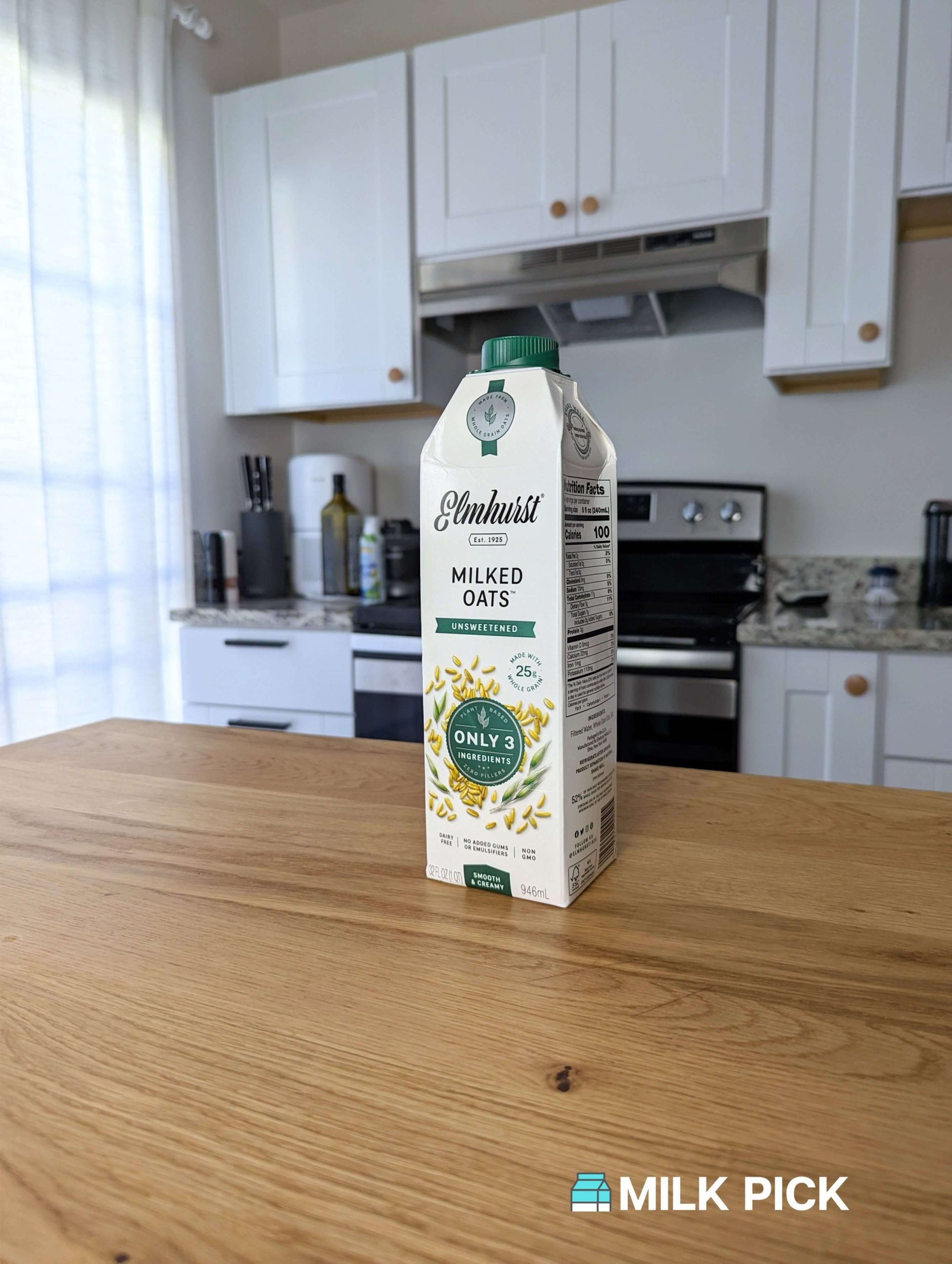
Of course, your oat milk will be out of the fridge as you transport it to your house from the store, and each time you take it out to mix with your coffee or in food or baking recipes.
The USDA recommends not letting foods like open, non-shelf-stable oat milk sit out for more than two hours or one hour in hot conditions.
For example, if your house is a normal 68°F to 75°F, your oat milk will likely be okay if you forget to put it back in the fridge for an hour or two.
If the oat milk is out in an environment that is hotter than 90°F, a hot car, for instance, it may start to spoil after only one hour.
Should You Refrigerate Shelf-Stable Oat Milk?
The only exception to the refrigeration rule for oat milk is with shelf-stable milk.
Shelf-stable oat milk is manufactured with a special pasteurization process that kills bacteria using Ultra High Temperatures (UHT).
During this process, the oat milk is heated for a few seconds to 280°F to 302 °F. It’s then placed in hermetically-sealed packaging.
Due to the sterile manufacturing conditions and aseptic containers, this oat milk can last several months to a year without refrigeration if it’s unopened.
Despite its long shelf life, this type of oat milk must still be refrigerated once you open the container.
For example, Elmhurst 1925’s oat milk does not require refrigeration until opened.
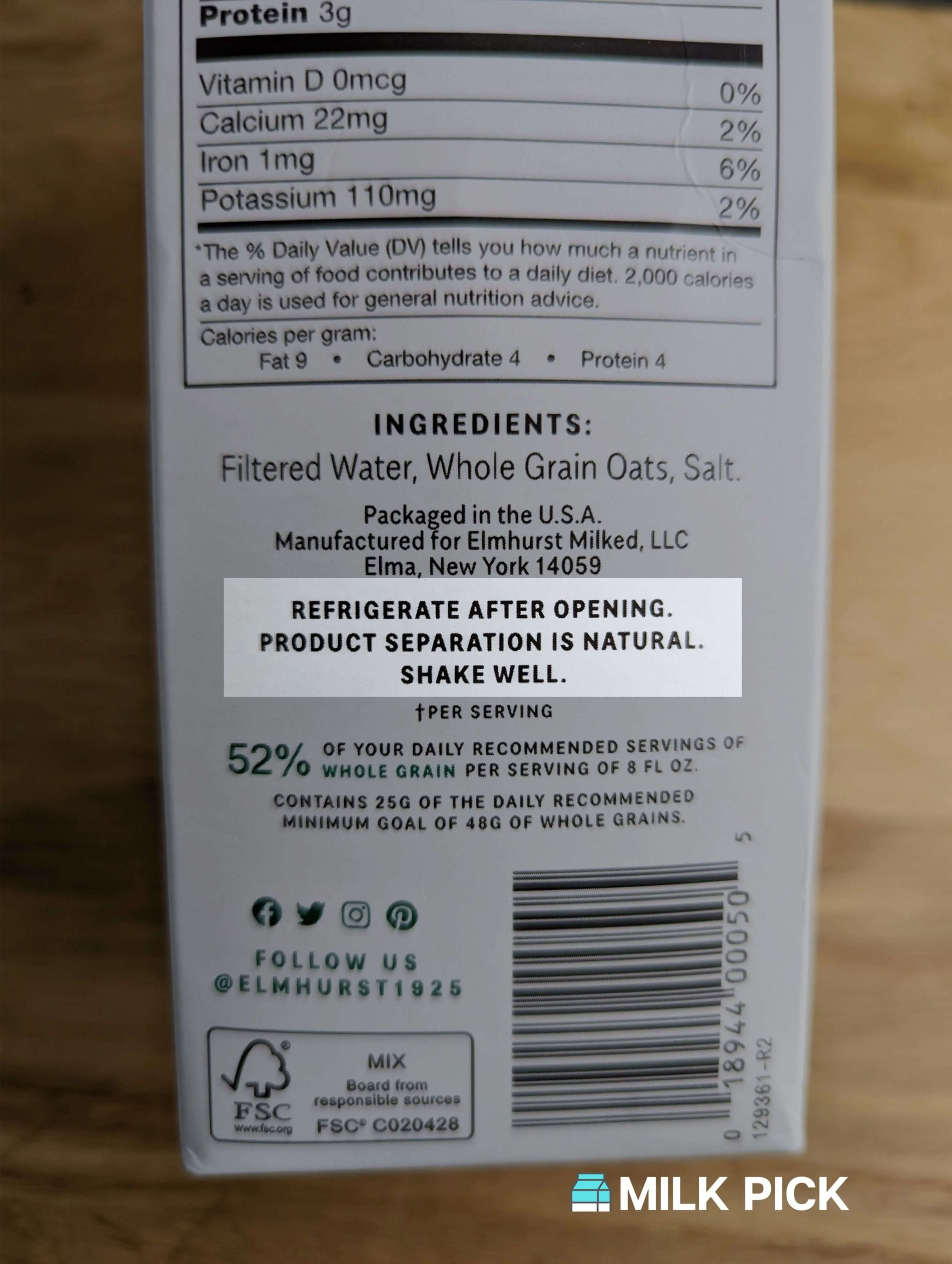
Additionally, you should keep shelf-stable oat milk in a cool, dry place. If you store it somewhere hot, it can still affect the liquid inside, causing it to separate, become clumpy, or go bad.
You should also always check for punctures, tears, or other damage caused by pests before using shelf-stable oat milk if it’s been in your pantry for a while.
Can You Freeze Oat Milk?
You may wonder if you can freeze oat milk instead of or in addition to refrigerating it to help it last longer.
For example, if you see oat milk on sale and know you won’t use it all in time, you might want to store it in the freezer to use it at a later time.
Temperature-wise, freezing oat milk would keep it free of pathogens or bacteria. Similar to other foods kept in the freezer, the low temperatures would stop any spoilage from happening and let you use the oat milk a month or two in the future.
However, freezing oat milk could change its texture or cause it to settle once thawed.
You might try freezing a small portion of your favorite oat milk to determine how it acts once frozen and thawed and whether you’d want to store it that way.
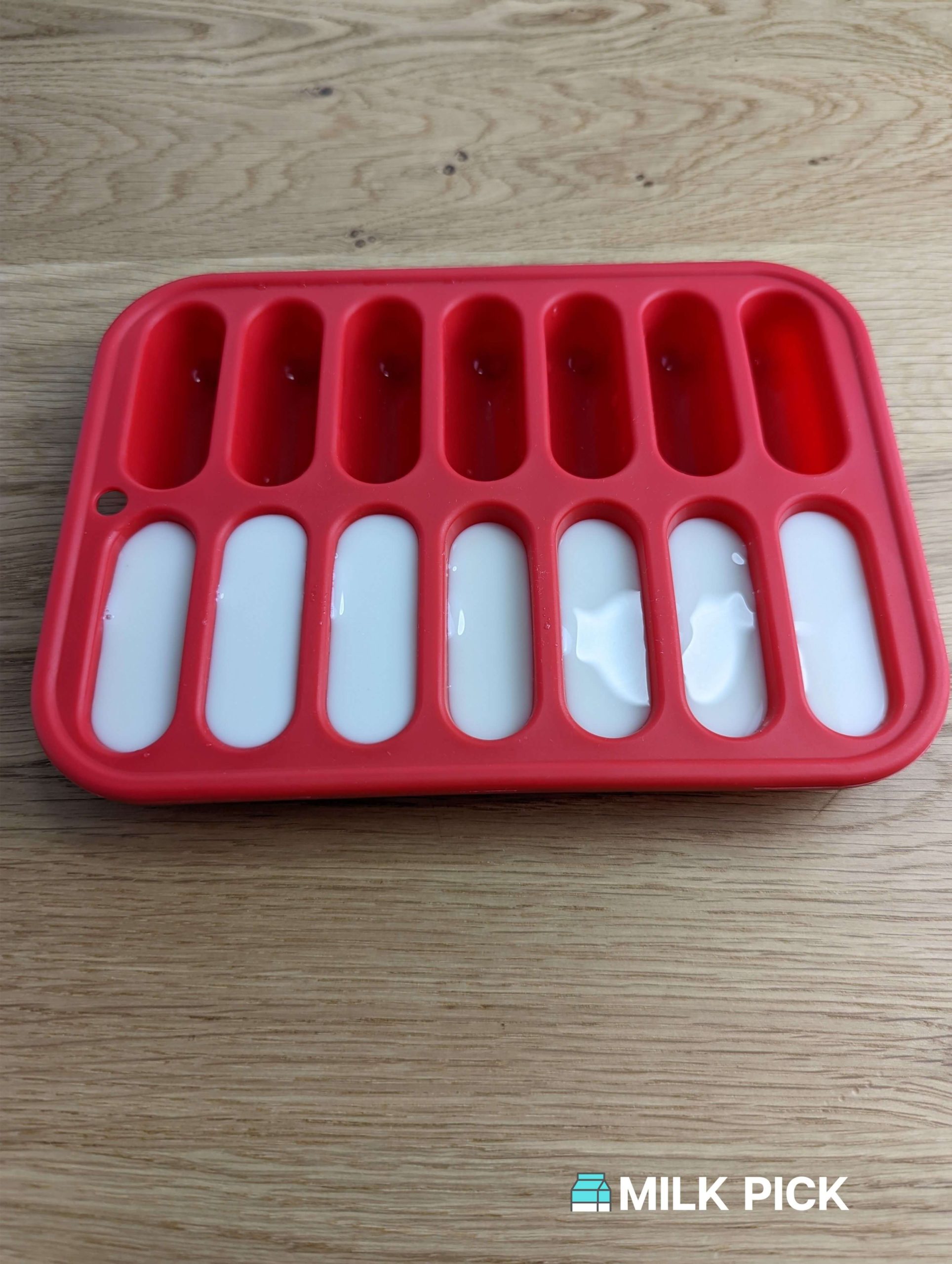
If you do freeze oat milk, thaw it in the refrigerator over several days rather than leaving it on the counter or heating it up. Heat will speed up the spoilage, making it unusable after just a few days.
How To Store Oat Milk
How you store oat milk depends on the type of oat milk you have in your home and whether or not you’ve opened the container.
Homemade Oat Milk
Homemade oat milk that you blend yourself should be stored in a clean, sanitized container with a tightly sealed lid.
Glass containers tend to sanitize easier than plastic, so opt for a glass jar or jug. Homemade oat milk should be kept in the fridge for about 5 to 7 days.
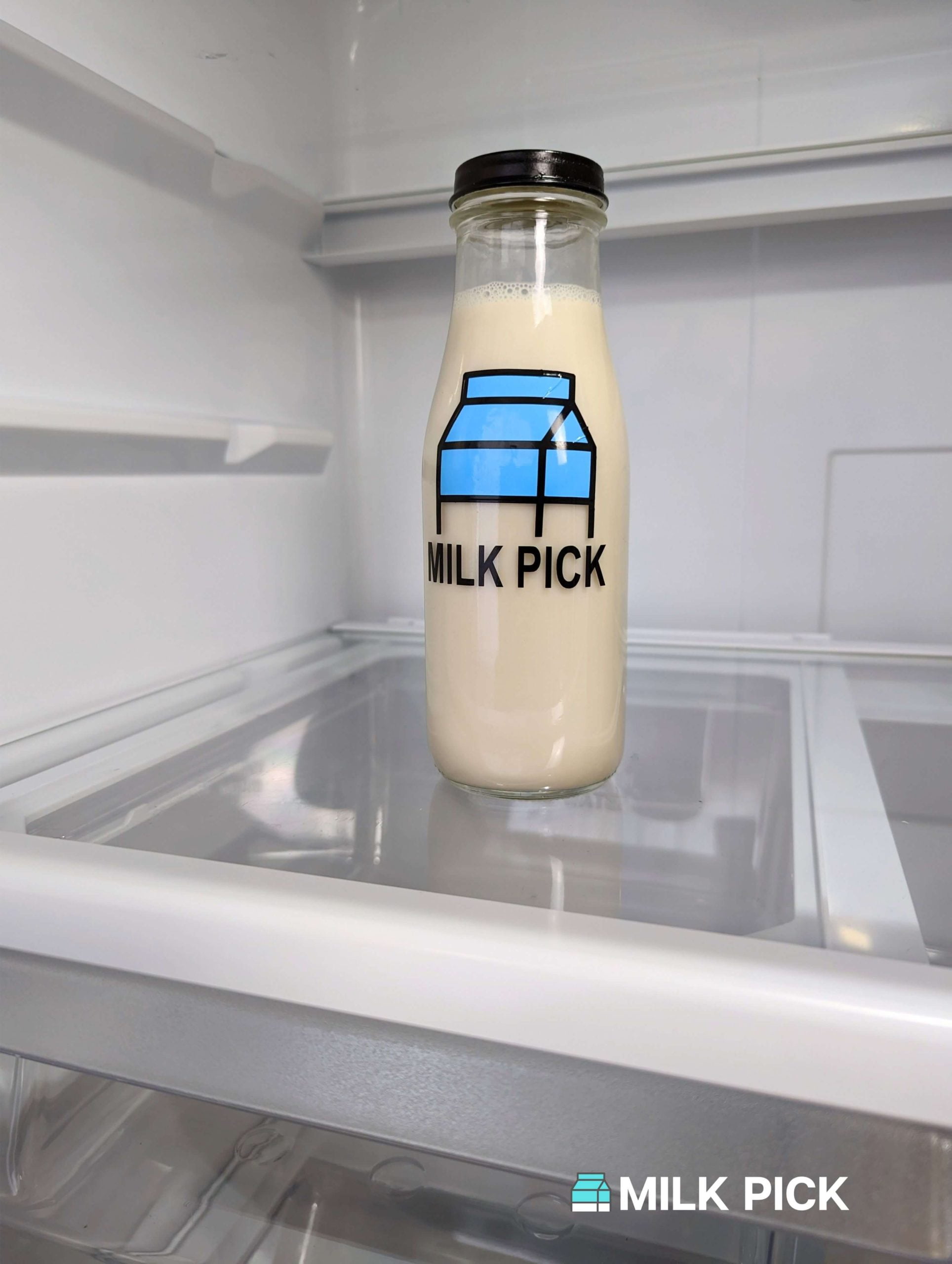
Refrigerated Store-Bought Oat Milk
Store-bought oat milk you purchase from the refrigerated section should be stored in the refrigerator once you get it home.
Typically, this oat milk is pasteurized through HTST, which stands for High Temperature, Short Time.
This is a process that heats the product to 161°F for about 15 seconds to kill harmful pathogens and bacteria. It’s then placed inside a clean, sealed container.
This helps the product stay good for several days at the store and about 7 to 10 days at your home if kept refrigerated.
Unopened, you can keep this product until the expiry date (in the refrigerator), but once opened it is usually considered safe for about 7 to 10 days.
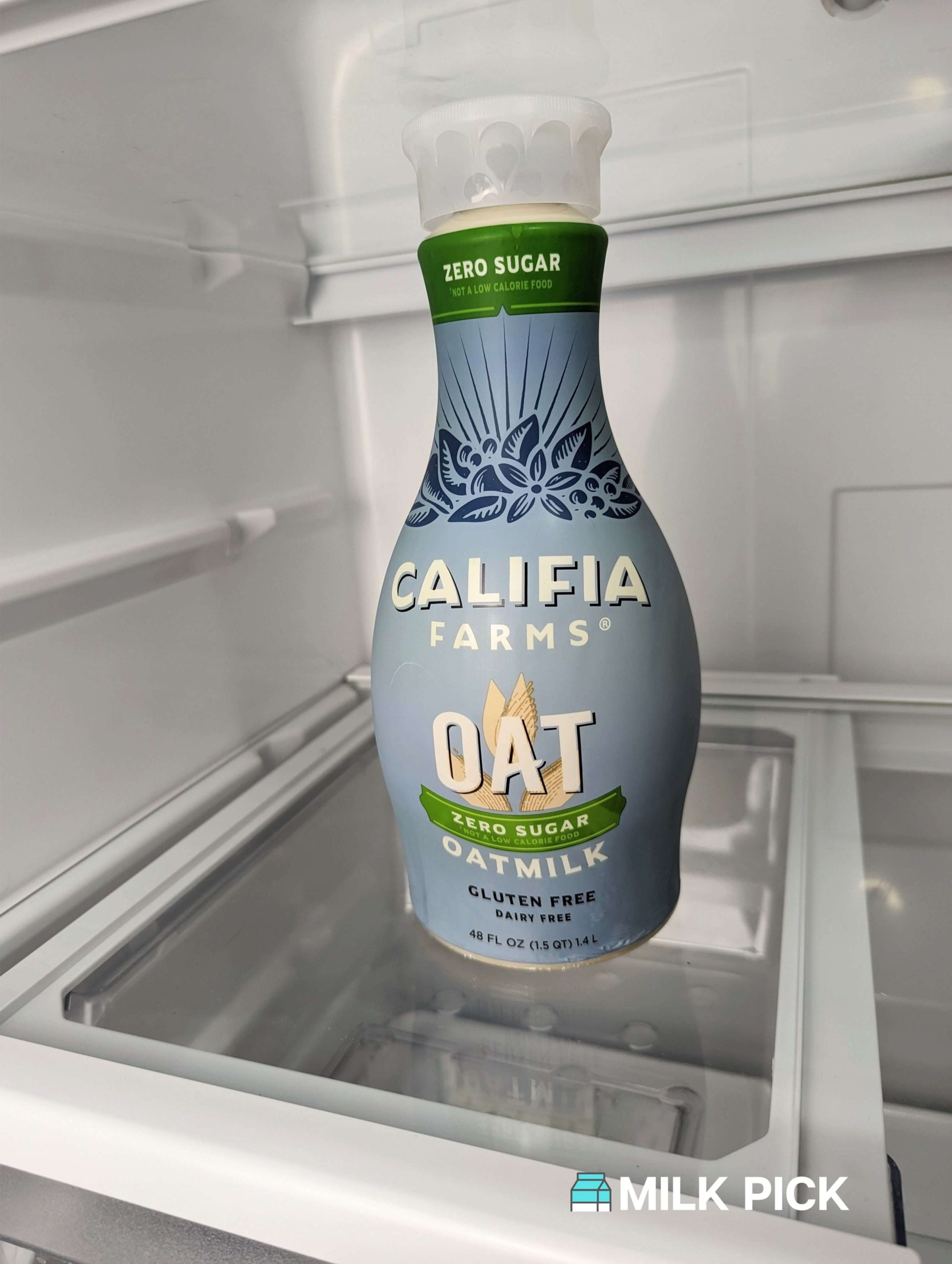
Shelf-Stable Oat Milk
Shelf-stable oat milk can be stored in a cool, dry place for several months up until the expiry date printed by the manufacturer.
This type of oat milk goes through ultra pasteurization and is put into hermetically sealed containers.
These containers must meet certain conditions and, due to their sterile nature, keep this oat milk bacteria-free until its opened.
Like other oat milk products, you must store these containers in the refrigerator once opened. They should be good for about 7 to 10 days after breaking the aseptic seal.
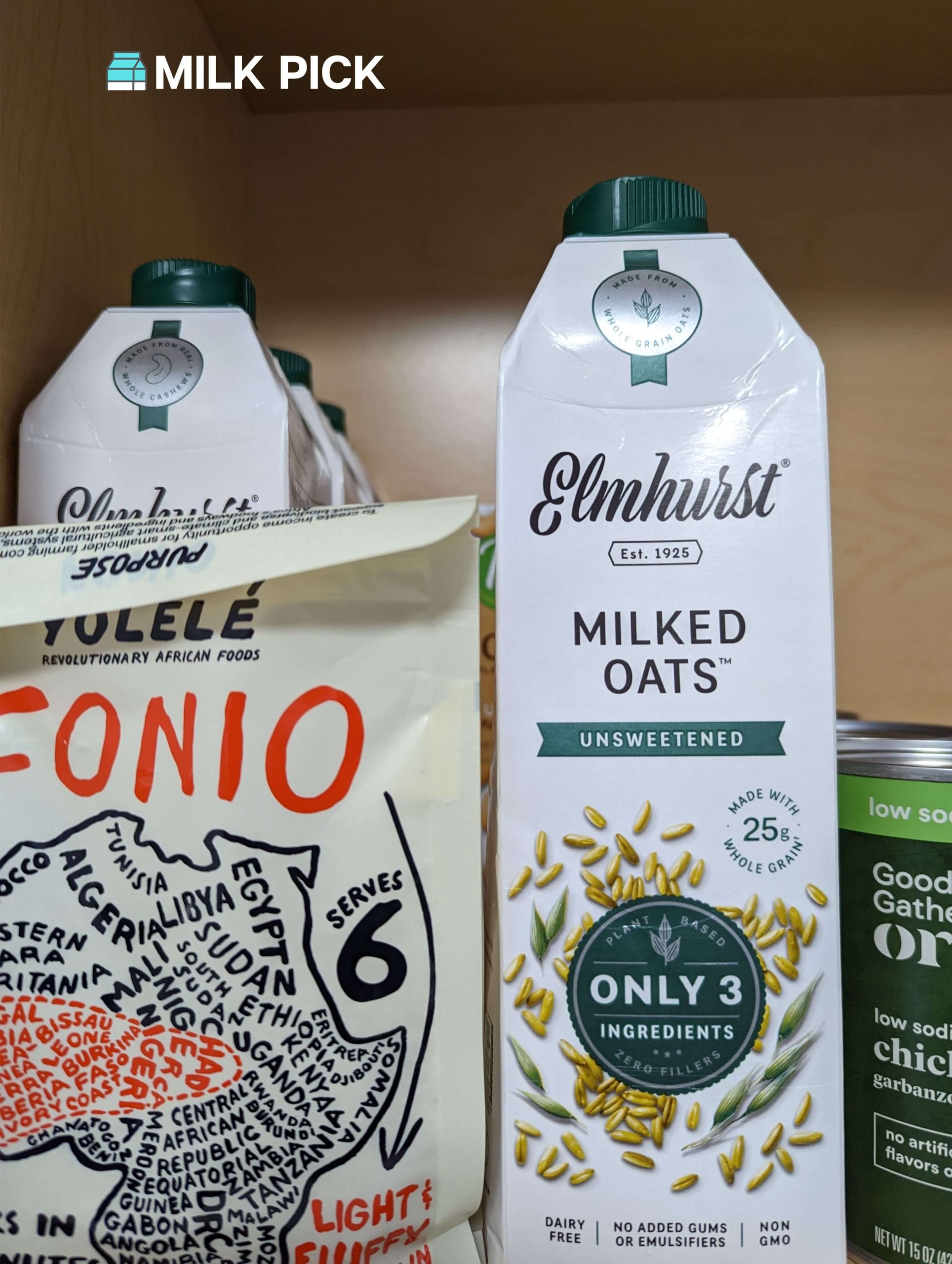
When in Doubt, Follow the Directions On Your Oat Milk Carton
Generally, you should place opened oat milk in a properly cold refrigerator after opening. Most oat milk is good for about 7 to 10 days after you open the package.
Manufacturers typically place storage directions on their products’ containers.
Look for these instructions if you’re ever in doubt about how to best store or refrigerate oat milk. They will tell you when to refrigerate the beverage and how long the product is good for after opening.
Following the manufacturer’s directions ensures you drink safe oat milk.
However, you must also follow safe food-handling practices, like not leaving opened oat milk out for more than two hours, to prevent bacterial or mold growth and keep yourself and your family well.
